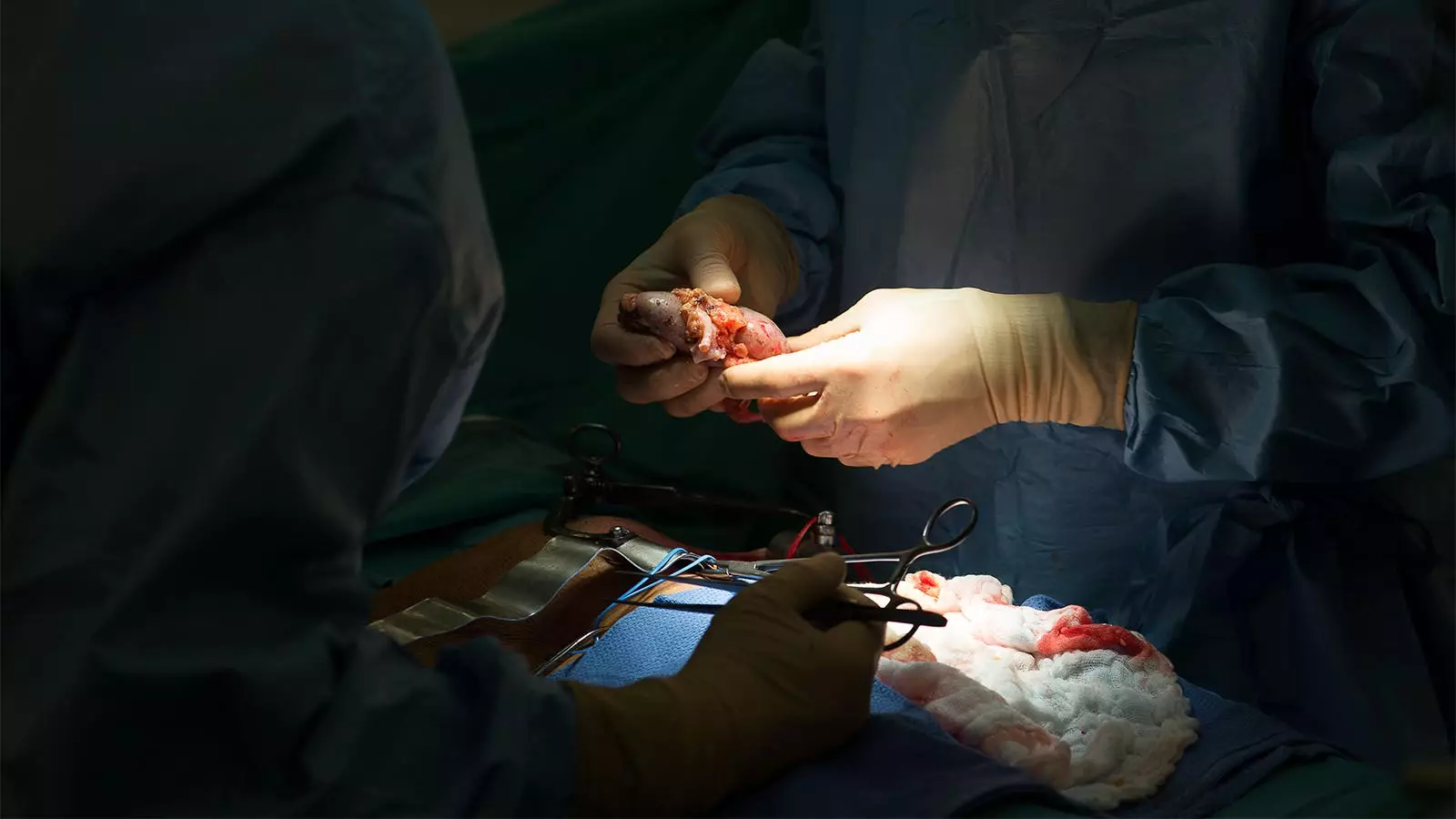The testimony presented at the House Energy & Commerce Oversight and Investigations Subcommittee hearing shed light on the deeply troubling and unresolved issues within the organ transplant system in the United States. Shocking revelations ranged from potentially deceased organ donors regaining consciousness and whispering for help to threats of being “cremated alive” by organ transplant executives. These unsettling accounts underscored the urgent need to address the inefficiencies and deficiencies present in the current system that put both donors and recipients at risk.
One of the key provisions of the Securing the U.S. Organ Procurement and Transplantation Network Act was to ensure the independence and transparency of the Organ Procurement and Transplantation Network (OPTN) Board of Directors. However, witnesses at the hearing highlighted that the OPTN was riddled with conflicts of interest and lacked accountability. Dr. Seth Karp brought attention to the fact that the OPTN board consisted of members from the United Network for Organ Sharing, the very organization managing organ procurement. This overlapping of roles created a breeding ground for self-interest, incompetence, and mismanagement within the system, leading to unnecessary deaths of patients waiting for organs.
During the hearing, witnesses proposed several solutions to address the systemic issues plaguing the organ transplant system. Greg Segal emphasized the need to de-conflict the OPTN board and ensure independent board appointments. Additionally, the creation of a robust Membership and Professional Standards Committee (MPSC) that can effectively investigate patient safety claims was deemed crucial for deterring misconduct and enhancing accountability.
Furthermore, there was a call for professionalizing OPO staff interactions with donor patients and imposing licensure requirements by the Centers for Medicare & Medicaid Services (CMS) to maintain standards and prevent potential abuses. Dr. Jesse Roach raised concerns about the high number of discarded kidneys each year, highlighting the pressing need to improve the efficiency and equity of organ allocation to address the current system’s failure.
Subcommittee members expressed concerns about ensuring equitable access to organ transplantation services, especially for individuals residing in rural areas. The closure of transplant centers serving rural populations raised questions about the accessibility and fairness of the current system. Efforts to expand access to care beyond urban areas and maintain smaller transplant centers were seen as essential components of national policy to improve patient outcomes and reduce disparities in healthcare delivery.
The House committee hearing revealed alarming shortcomings and malpractices within the U.S. organ transplant system that jeopardized the lives of both donors and recipients. The urgent need for reform to address conflicts of interest, enhance transparency, and strengthen accountability was underscored by the testimonies of witnesses. Moving forward, regulatory and policy changes must be implemented to ensure the integrity and efficacy of the organ procurement and transplantation network, safeguarding the well-being of all individuals involved in the organ donation process.

Leave a Reply